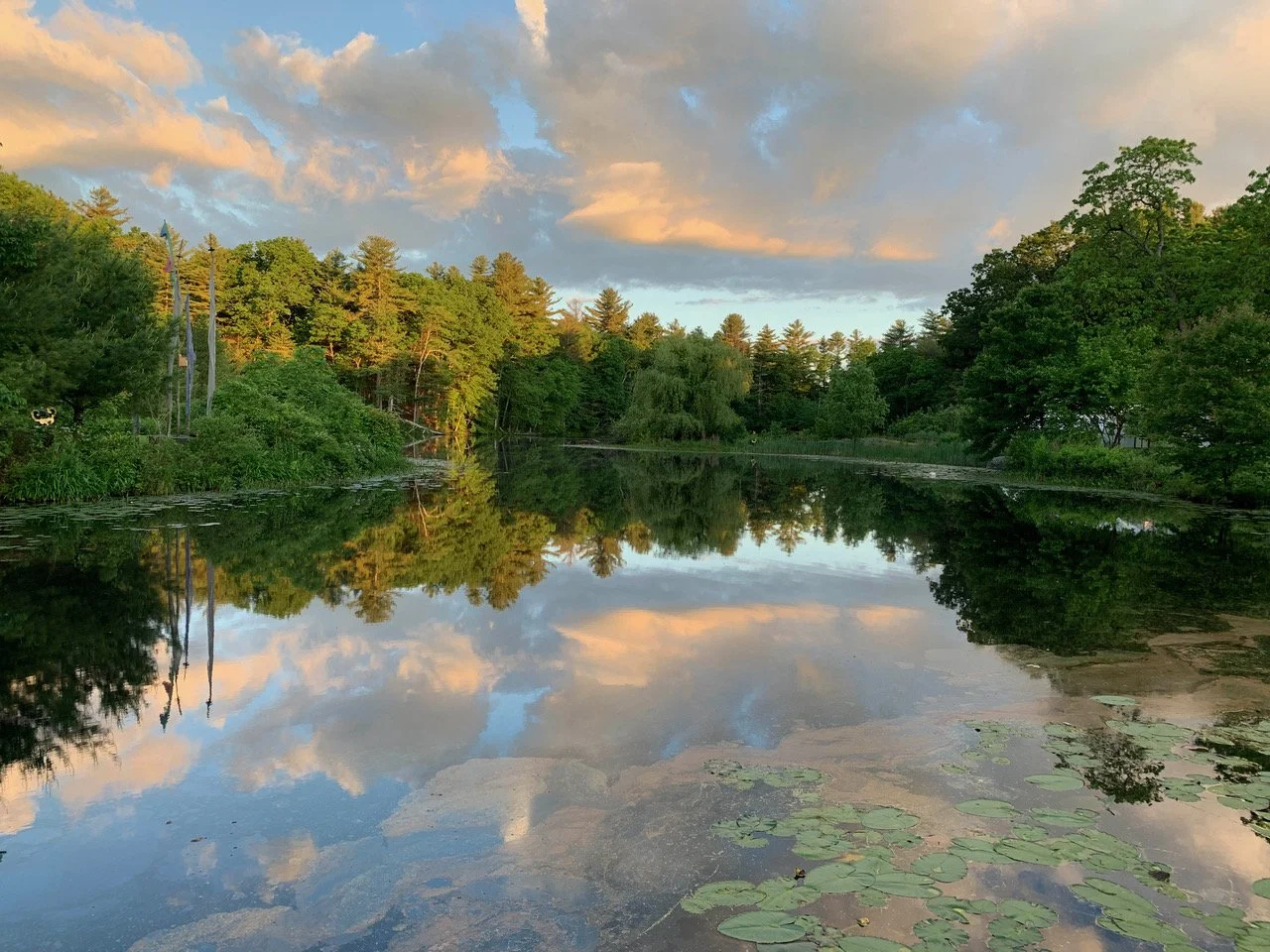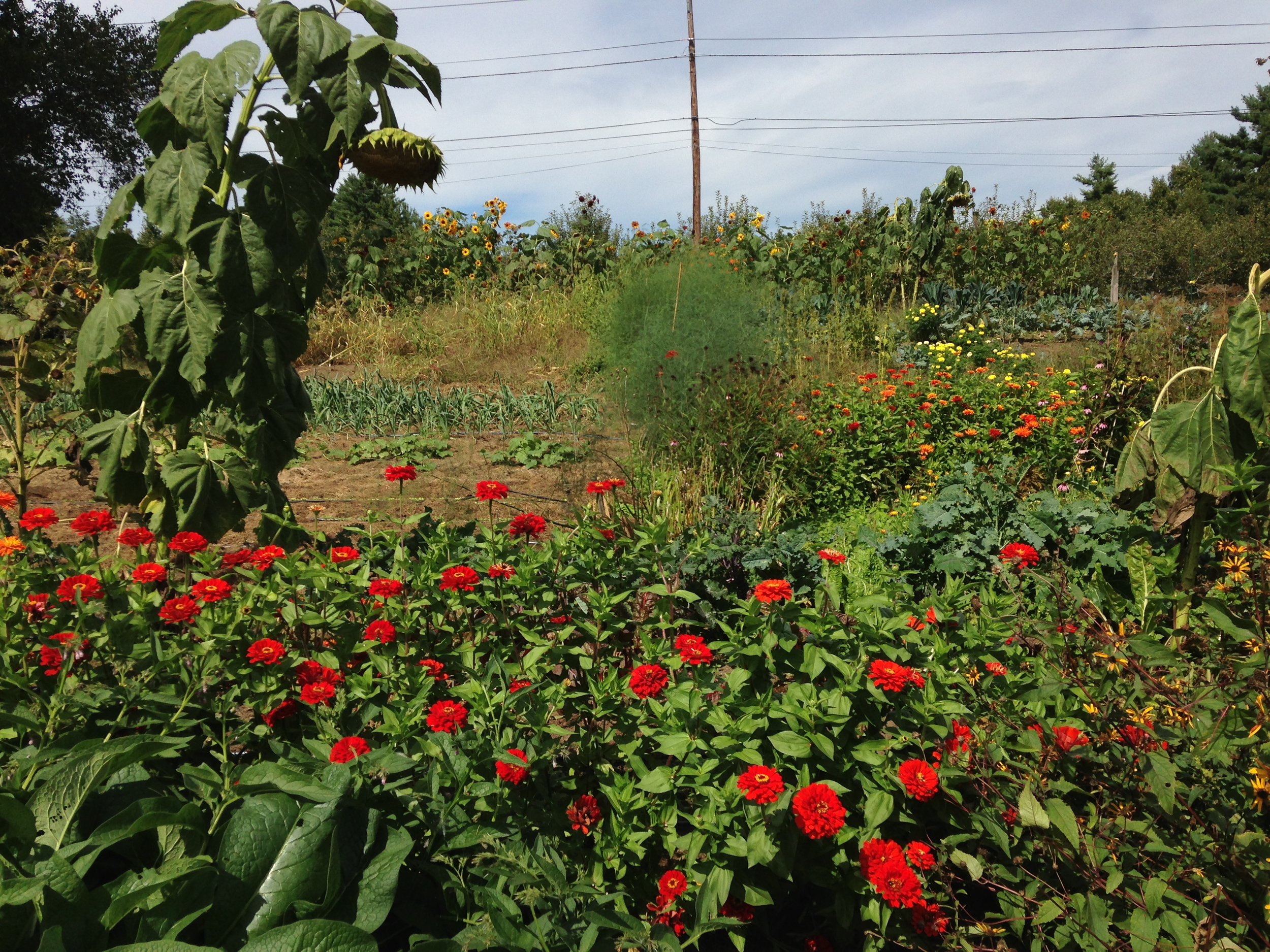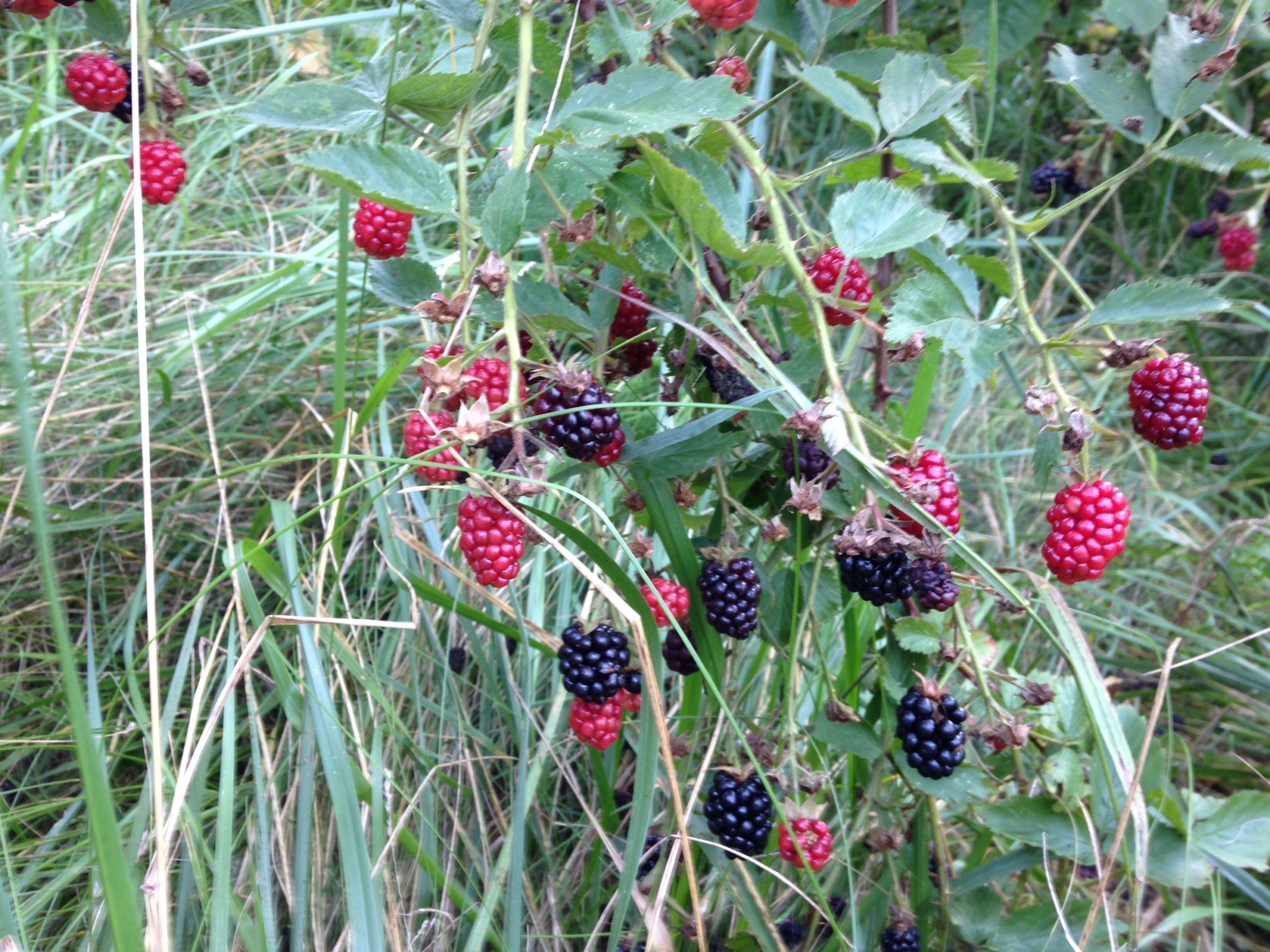June 2017
/Wet Gravel
by Fred Marchant
Stone barrow on a point overlooking the sea,
a good place to take the last labored breath.
Quartz veins, shale, slate layers, the pressed
sandstone, thin lines we read the epochs in.
Rust and gray minerals down rivers in Zion.
A bit of brown miracle dirt from Chimayo.
The rock a boy threw at my head, the one
I pitched back at him. Mickeys we called them.
Cairns you see climbers build at the summit,
and mark the trail with on Kilauea caldera.
Glacial stones that migrate under the earth,
or sit as unmoved as the Buddha, hard enough
to break tines off a backhoe. Prayer-stones
we place with care and words atop the grave.
A white pebble at the bottom of Frost’s well.
O stone, wrote Nguyễn Duy, thinking of lives
lost hear Angkor. O bloodstones of Mycenae
that we sit on while we drink from our water.
The backyard stones a child will hammer open
to find the unequivocal silence inside of things.
Wet gravel paths we turn and face each other on.
"Wet Gravel" is from Said Not Said, Fred Marchant's new collection of poetry published by Graywolf Press in May 2017. It is used with permission of the publisher.
Fred Marchant is also the author of Tipping Point, Full Moon Boat, House on Water, House in Air, and The Looking House. He has co-translated (with Nguyen Ba Chung) From a Corner of My Yard, by Tran Dang Khoa, and Con Dau Prison Songs, by Vo Que, both published in Hanoi. He is the editor of Another World Instead: The Early Poems of William Stafford, also published by Graywolf Press. An Emeritus Professor of English, Fred Marchant is the founding director of the Suffolk University Poetry Center in Boston.
Fred Marchant will be reading in the First and Last Word Reading Series, Thursday June 20, 2017, Somerville Armory, 191 Highland Avenue, Somerville MA, 7 p.m. He will also read at the Grolier Poetry Bookshop on June 26, 6 Plympton Street, Cambridge, MA, 7 p.m. From June 26-June 30, he will be teaching and reading in the annual writers' conference sponsored by the William Joiner Institute for the Study of War and Social Consequences at UMass Boston. Link: https://www.umb.edu/joinerinstitute/writers_workshop/workshop_schedule. For more information about readings and workshops see Fred's website: Fredmarchant.com





